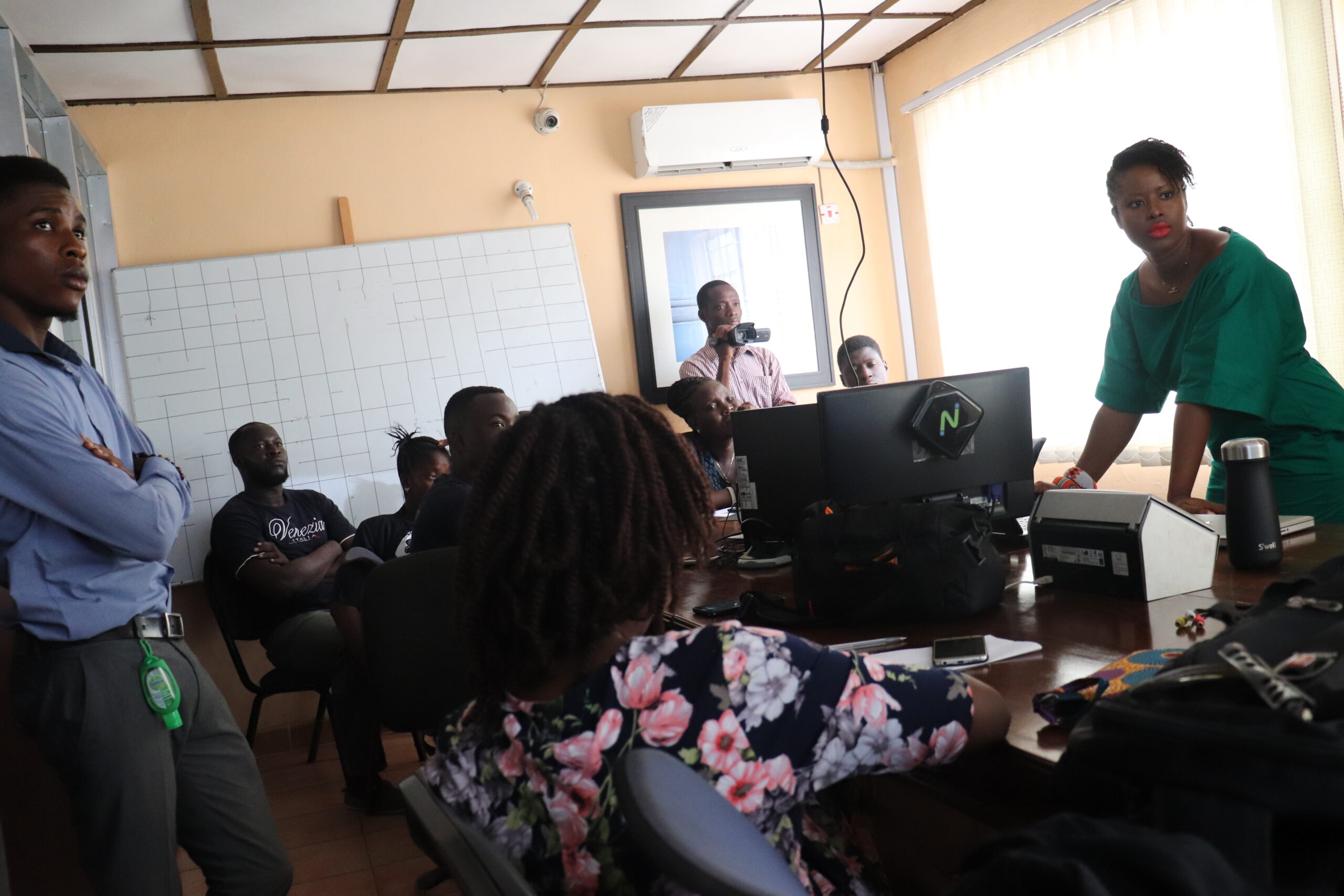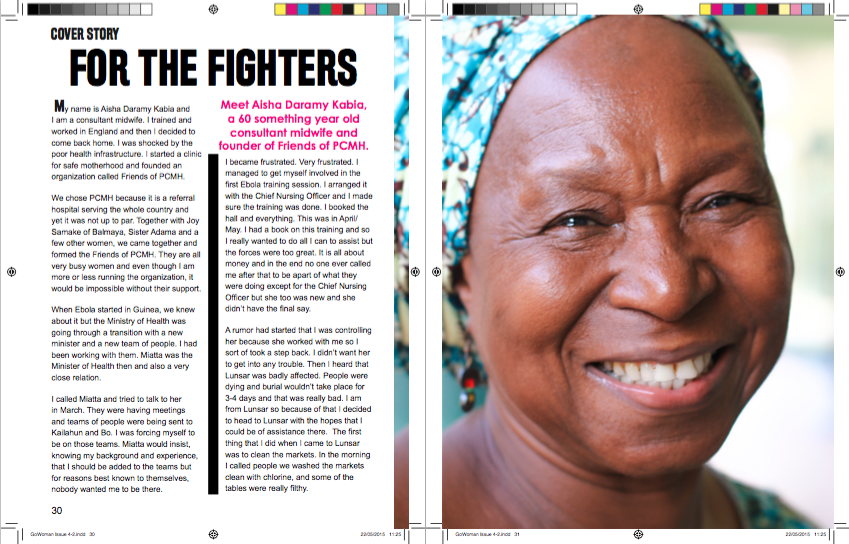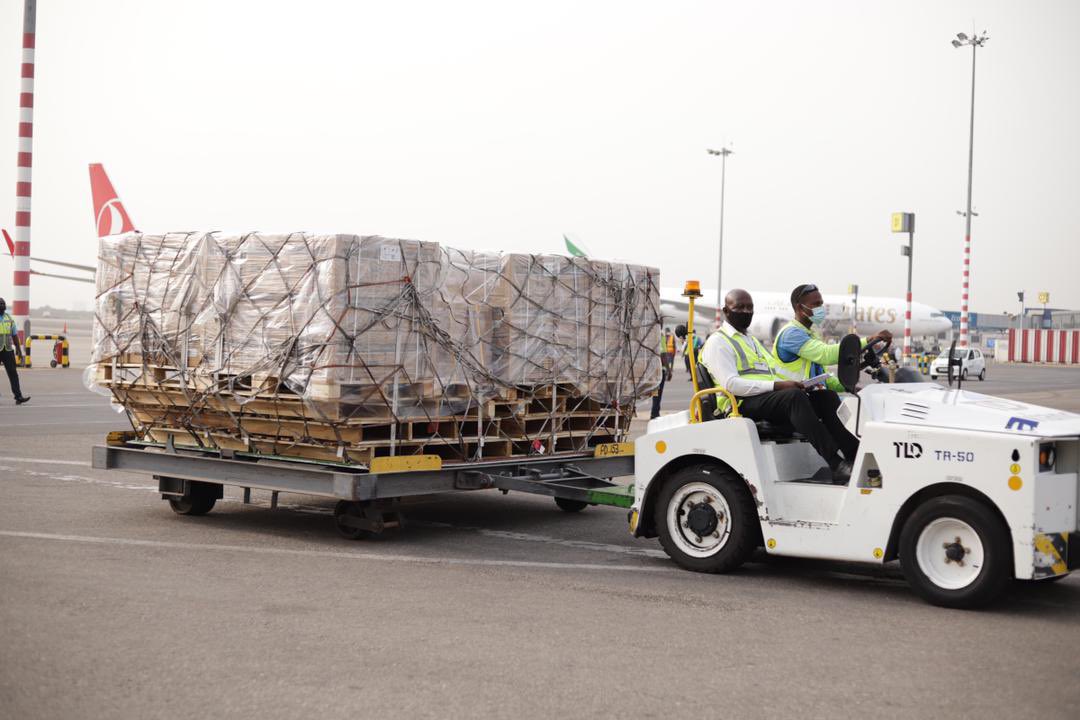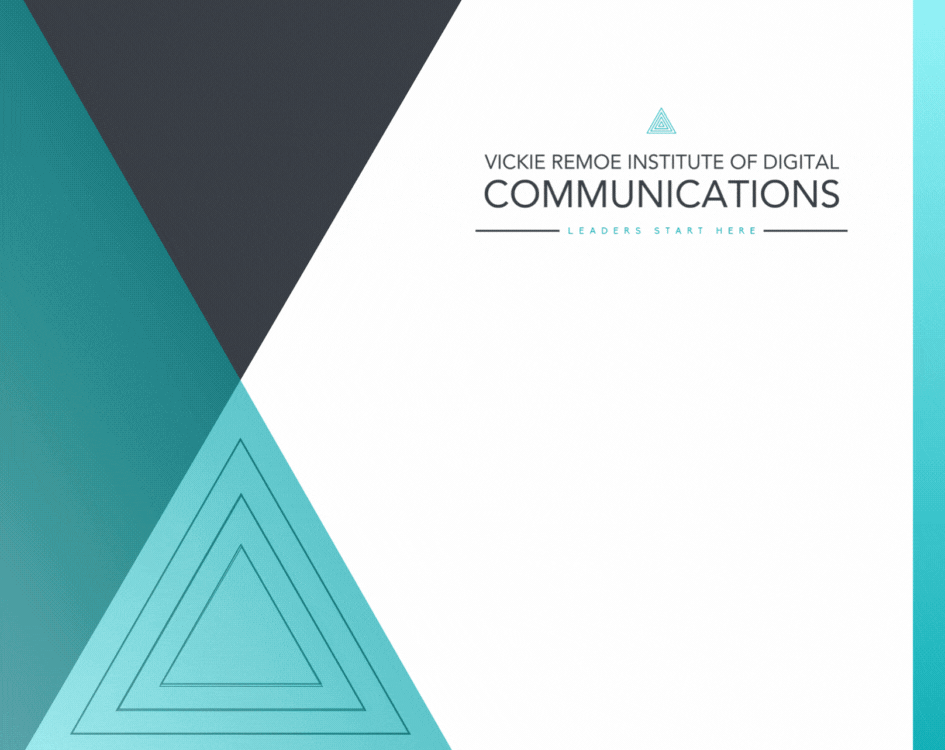
In September, Idris Elba, a British actor with roots from Sierra Leone and Ghana signed an agreement with the government of Sierra Leone that will allow him to invest in tourism and real estate development on Sherbro Island, Bonthe District. Everyone is looking forward to his arrival. As a foreign investor, Mr. Elba should know that there are certain realities about doing business in Sierra Leone that foreign nationals and diaspora investors of which must be aware.
While I may not know Sierra Leone the best, I understand doing business here better than most.
Dealing with Government Officials for permits and other things
When a high ranking government official says, we will give you all the support you need. I want you to take those words to mean that you have their blessings and nothing more. Once you leave the presence of that individual, you are on your own.
A president can agree to something and send you to see an official to finalize. That official will tell you they are in their office right now and you should come. You will go to the office and, more likely than not; he will not be there.
When you finally get access to him, he will say, “thank you for this project, it is what we need to move this country forward.” He will tell you not to worry about anything that he will sign. Do not take this to mean that he will endorse tomorrow or next week. It means to go and come, go and come, and go and come.
Some officials may randomly turn up at your place of business to check your papers, your files, your permits. Offer them cold water when they come and don’t do or give access beyond what is legal even if they threaten to shut you down or bring police. Often this is a another way to seek rent and bribes. If you have all your paperwork in order and even if you don’t do not give in to blackmail. Document these encounters by asking these officials to sign a log book.
Quick Tip: To deal with government officials, you need allies who are in government and can go with you. The fastest way to get a document signed for anything is to have another government official of the same rank go with you to facilitate the signing. They all speak the same language.
Wait Productively
If you are new to doing business in Sierra Leone, specifically if you are a foreigner, one thing you might not understand or be prepared for is waiting. Some officials view waiting as a sign of respect. Expect to be waiting either because meetings rarely start and end on time or simply because someone wants you to be seen in their waiting area. They might also make you wait to impress their importance on you.
Quick Tip: Since you will have to wait, you should always plan to bring other work with you so that you can be productive while you wait. Bringing work to do while you wait will make waiting a far more peaceful affair. Be prepared to wait a minimum of 30-45 minutes for meetings that you have appointments.
Operating in stealth mode to manage expectations
In more developed markets, a company might work in stealth mode to protect itself from the competition, in Sierra Leone, you do this to manage expectations and to limit your risks. Most foreign investors do not deal in mass-market retail, so they do not need to promote and market goods locally. If this is the case, it is in your company’s best interest that you finalize permits, land acquisition, registration, and get to a state of full operation in stealth mode.
In the past investors make landmark media announcements often in partnership with the government, thereby raising expectations across the board both within and outside of the communities that will be directly impacted by their projects.
A significant announcement results in higher expectations of those who will be impacted by your project. Communities and their leaders often have unrealistic expectations from foreign investors. There are also opportunists within these communities who, upon hearing your announcement will launch briefcase Community-Based Organizations to appear as credible stakeholders in the community. They aim to collect envelopes of free money from you. Should you not pay them off, they will spread unfounded stories in the media about your operations, staff, and the community.
Operating in stealth mode for as long as possible will buy you time to develop the right strategies to mitigate these risks.
Community Relations
No matter the size or scale of your investment, if your company is foreign-owned, you must have a robust community relations strategy. Some might understand this as corporate social responsibility, but in my experience, it is the former that is most important for mitigating risks. Community relations in the context of doing business in Sierra Leone is about building trust, creating allies, and ultimately turning those allies into fans of your project.
One of the mistakes that investors make with their community relations strategy is that they empower the already powerful. Since Sierra Leone has a robust traditional system of governance, investors often feel that by aligning with the paramount chief that they have gained trust in the community. What the paramount chiefs offer you is their blessings; they can not help you mitigate risks or manage expectations of the community.
While it is culturally appropriate to seek the blessings of the chiefs like leadership across the world, the PC is often disconnected and removed from the masses. Their constituencies respect them, but that respect can not be transferred. The PC can make it possible for the people to assemble and listen to you, they can assist with negotiations, but you must build trust and relationships that are independent of the traditional leadership.
Quick Tip: Seek to empower and form an alliance with groups that have a history of economic exclusion. In Sierra Leone, the answer to this is always going to be women. Across Sierra Leone, women endure structural, customary, and economic inequalities, but they are the bedrock of every community. Invest in building relationships with women, and women’s groups, especially where the projects have a component of skills training to make a positive social impact in the community. They will be loyal to you and they will mobilize to spread your message far and wide.
Communications & Messaging
After you have identified the project stakeholders, you need to develop different messages for each stakeholder in your communications strategy. Often to gain legitimacy and acceptance, investors share words that cause more harm than good.
The community doesn’t need to know the size or value of your investment. Sharing how many banks or private equity funds have come into the project only serves to raise their expectations.
Focus on those messages that will build trust between your project and your stakeholders. At the community level, do not make vague, generic statements about building schools, clinics, or job creation. Explain the process, timelines, and what you’re doing to ensure that the process is fair, inclusive, and everyone will get a fair chance. Quantify the number of job opportunities you have, if you intend to build schools, how many, support to health care, how many facilities. How long will it take? And when you hit milestones on those promises, you make sure you update the community. Doing what you say you are going to in the manner that you say is the best way to build trust.
You must film and document all community engagements to see what your team is saying to the public. Your staff might go off script and make promises that spread messages that expose you to risks. To ensure they comply with the established messages, they must be monitored.
Quick Tip: Community radio is the most effective way to reach community stakeholders, although this should always come second to town halls and meetings.
Local Staff
Resumes and CVs are dressed extremely well in Sierra Leone, but many lack the actual technical skills related to the expertise they claim. Before hiring anyone, you test out their skills during a probationary period. Make them show you what they can do.
Sierra Leone has a local content policy and labor laws that say that locals should get employment preference. The country discourages foreign labor except in the case where the needed skills or expertise are not locally available. However, there is little or no monitoring or regulation, so foreign investors often get away with employing whoever they want.
Foreign Plumbers, electricians, construction workers, accountants, secretaries, and yes, even public relations officers have been brought in and employed. They always get paid more than the local staff. While locals are eager to work for foreign firms, they will be the first to expose the pay conditions and work disparities to the media to fight back against what they deem as unfair treatment.
Local staff must be treated with fairness, dignity, and respect. In a way, they are the most important stakeholder for your project’s acceptance locally. Also, they stand to cause more operational loss and risks than any other stakeholder.
In Sierra Leone, local staff in foreign-owned investments have run scams that lost operators thousands of dollars worth in fuel, vehicles, spare parts, contracted supplies of all kinds, anything that can be turned into a racket. In instances of internal theft, accounting, and finance work with top-level individuals in management to steal.
Most of the contracting will go to the relatives and friends of your employees although they will pretend that the process for procurement is fair, and open.
Quick Tip: Respect all local labor and local content laws, especially laws regarding services and benefits after dismissal or termination. Hire on a contract basis initially to reduce liabilities with staff turnover. Once you have the right people whom you can trust, you can make them more permanent.
Notions of time and its relationship to productivity vary
In more developed economies, productivity is understood and valued by all as a measure of what gets done in a fixed amount of time. The more you do within a given amount of time, the more productive you are. In Sierra Leone, expect your staff, workers, and partners to produce inefficiently. They will miss deadlines and timelines repeatedly primarily due to poor planning, fragmented or counterproductive processes (aka red tape), and of course, laziness.
When you ask your contractors or workers to give you timelines for completion of work, they will provide you with dates knowing they will not meet their deadlines–they think they have infinite time. They start late and finish later. They waste time and underestimate or disregard factors associated with a timely delivery even though they are aware of them. The average Sierra Leonean believes that by God’s grace, everything even their work tasks will miraculously sort themselves.
Quick Tip: When setting timelines and deadlines, ask for the worst-case scenario. If everything were to go wrong, how long will it take to complete or deliver? Whatever answer you receive double the time and add two days incase it is rain season. So if you’re told the hotel will be constructed and built in three years, make it six years and add two days.
Operating a business in a low trust society
Sierra Leone, in 2019, is a country of high social distrust. How the distrust will impact you is as follows: your stakeholders will mislead you with inaccurate information on this your staff will do the worst. Those you send to represent you and bring back information will deceive you. When you give instructions for work to be completed or for someone to check that status of a deliverable, rarely will an individual check, instead they will delegate and ask someone else to check. That person they delegate to will also transfer and so forth. If you or your top managers get too comfortable at your desk and ask for information without verifying, you will make a lot of assumptions based on falsified information.
Quick Tip: Doing business in a low trust society like Sierra Leone means that you must trust no one. Always include a validation process; if someone says a relative has died, ask for a death certificate. If they say they are at work, ask for a photograph. If they say, they counted all the spares have them also take pictures and send a second person to validate.
Last word
This guide is not to dissuade or discourage. However, we can not ignore the realities and nuances of doing business in Sierra Leone specifically for those who are unfamiliar with the terrain. Sierra Leone does promise good returns for both diaspora and foreign investors but one must be aware and prepared for the risks.
More Information Here: Investment information on Sierra Leone relating to taxation, repatriation of profits, laws etc.
About the Author
In the past decade Vickie Remoe has served in various capacities as a business development and strategic communications consultant to large scale investments including Easy Solar, Addax Bioenergy, Sierra Leone Brewery (the local Heineken subsidiarity) SL Mining, and Access Point Africa. Both as a consultant and as an entrepreneur I engage with government officials, management executives, communities, and staff at various levels that have allowed me to gain insights that formed the basis for this guide. For the purposes of this guide I’m referring to companies with a working capital or investment in excess of USD 500,000.
Leave a reply
You must be logged in to post a comment.













